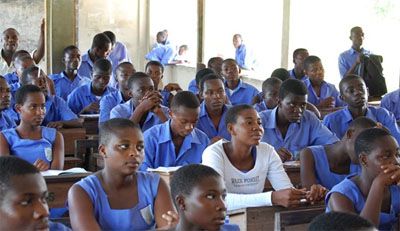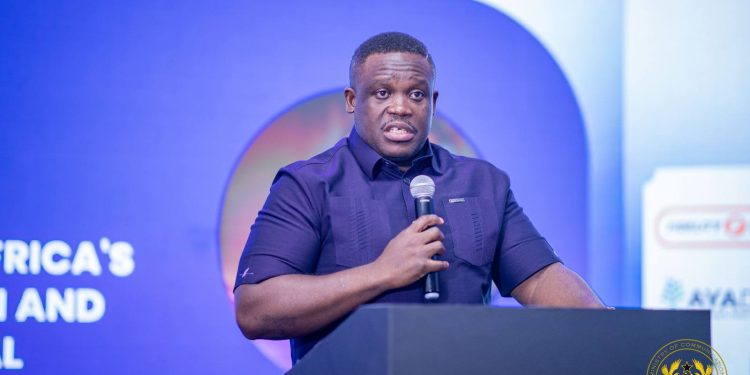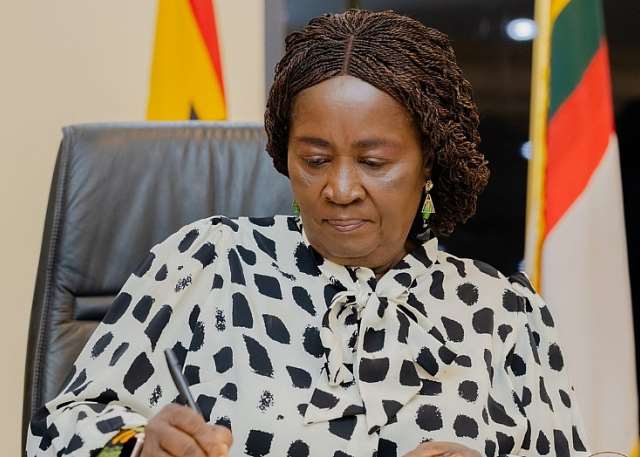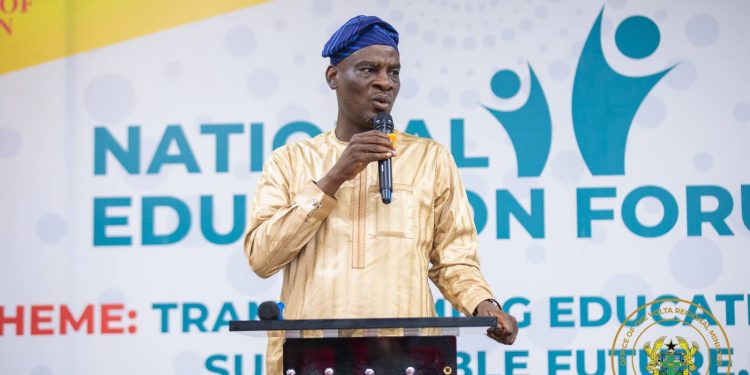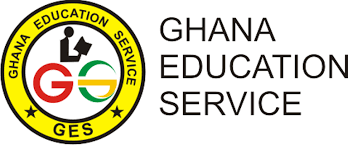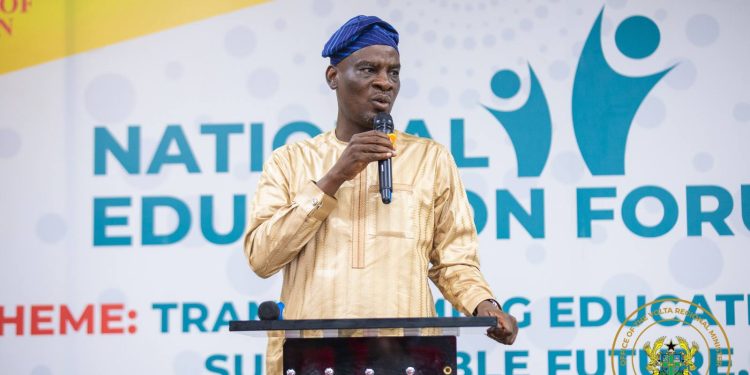Ministry of Education has unveiled a new suite of artificial intelligence-powered applications aimed at enhancing curriculum delivery in Senior High Schools (SHS) nationwide, marking a major step in the country’s efforts to modernize its public education system.
The initiative, announced October 1, introduces subject-specific AI tools designed to assist more than 68,000 teachers and reach over 1.4 million students across Ghana’s SHS network. The apps are intended to support lesson planning, streamline assessments, and provide personalized learning resources, all built on Ghana’s updated national curriculum.
According to the Ministry, the platform is designed not only to improve academic outcomes but also to uphold national values, promote gender equality, and encourage social inclusion.
The development of the AI applications was led by the Ghana Education Service (GES) in collaboration with several national education bodies, including the National Council for Curriculum and Assessment (NaCCA), the National Teaching Council (NTC), the National School Inspectorate Authority (NaSIA), and the Centre for National Distance Learning and Open Schooling (CENDLOS). Playlab AI contributed to the technology design, with backing from the Mastercard Foundation and support from Transforming Teaching, Education and Learning (T-TEL), a Ghana-based education reform organization.
The Ministry said the tools are rooted in locally developed curriculum content, including teacher manuals and learner materials, and are aimed at ensuring cultural relevance and ethical alignment.
“This AI platform is not about replacing teachers—it’s about empowering them,” the Ministry said in a statement. “By integrating artificial intelligence into our classrooms, we aim to close learning gaps, raise teaching standards, and equip both educators and students with the tools necessary for 21st-century learning.”
The rollout comes as governments across Africa increasingly look to digital solutions to address systemic challenges in education delivery, from under-resourced classrooms to uneven access to quality instruction. Ghana’s move positions it among a growing cohort of nations investing in edtech as a cornerstone of national development.
A formal assessment of the program’s impact is expected following the initial rollout phase, with the Ministry signaling that future iterations may include multilingual support and expanded subject coverage.



